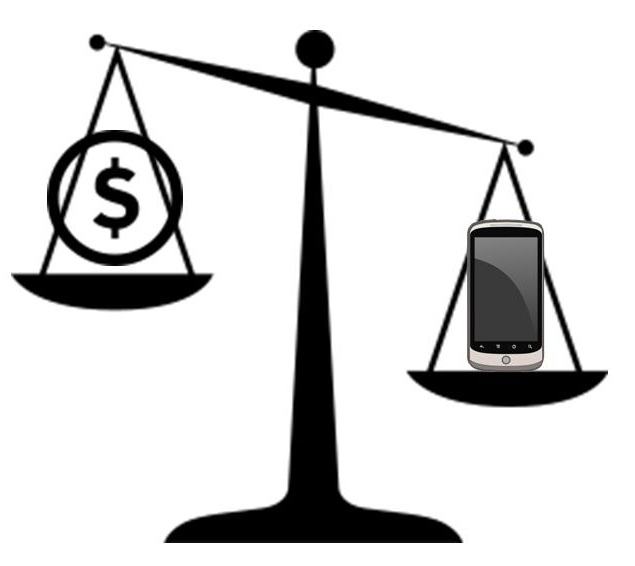 BitCoins could have a bright future in mobile commerce
BitCoins could have a bright future in mobile commerce
Virtual currency is gaining more popularity as consumers become more reliant on technology. BitCoins are considered the most popular of the virtual currencies that are currently available. These digital coins are exceedingly valuable, with a single coin being worth more than $240 at the height of its value. Virtual currencies are quite useful in the realm of mobile commerce, but they represent a certain risk in terms of a country’s economy because they are not strictly regulated like other currencies.
US agencies consider virtual currency threatening
The U.S. Department of Homeland Security considers BitCoins to be a serious threat. This currency is often used to purchase regular products from outlets like Amazon and eBay. BitCoins can, however, be used to purchase goods off the black market and are one of the ideal currencies in the drug trade. The federal agency recently seized the assets of Mt. Gox, the world’s largest BitCoin exchange, but this has done little to draw attention from the mobile commerce prospects of this currency.
BitPay aims to make BitCoins more mobile
BitPay, a relatively new startup focused on virtual currencies, has recently launched a new mobile commerce service. The company has announced that it has raised more than $2 million in funding for this initiative and aims to have it available to consumers in the near future. The new service will allow consumers to use BitCoins in a mobile commerce setting, offering consumers a way to use this currency on their mobile devices. BitPay believes that it is only a matter of time before BitCoins become as popular as email.
Mobile commerce may benefit from virtual currencies
BitPay has been in business since 2011, but the company has been relatively secretive since its founding. BitPay offers legal services that are often frowned upon given the association that BitCoins have with illegal activities and products. BitCoins themselves are not actually illegal in any way and have been gaining a significant amount of attention in the mobile commerce field as a way to encourage consumers to purchase products through their mobile devices.
 Mobile commerce could lose traction as byproduct of new legislation
Mobile commerce could lose traction as byproduct of new legislation
It is not unusual to see businesses get involved in U.S. politics for one reason or another, but eBay is one of the companies that has avoided this involvement in the past. This is due to the fact that there are relatively few laws in the U.S. that govern the world of e-commerce, as well as that of mobile commerce. The laws that do exist have helped create an atmosphere where companies and consumers can conduct business in a balance manner. A new legislation in the U.S. is causing eBay some concern, however, and may even put a damper on the company’s interests in mobile commerce to some degree.
eBay moves to fight Marketplace Fairness Act
eBay CEO John Donahoe has taken issue with legislation known as the Marketplace Fairness Act. Donahoe claims that this legislation will put unfair burdens on all small online merchants. The legislation is designed to provide states the authority to compel online retailers to collect sales tax, even if that retailer is not based within the boundaries of a particular state. Currently, states only impose this authority on physical merchants doing business within state borders. Donahoe claims that the legislation will make it very difficult for online merchants to do business and could severely limit their ability to cater to a large, national market.
Retailer taps users to combat legislation
Donahoe has sent out emails to eBay’s 40 million users, asking for support in opposing this legislation. The legislation could potentially have a significant impact on the mobile commerce space, as it is designed specifically to address issues that exist in e-commerce. Mobile commerce is becoming increasingly popular among consumers, with many favoring to shop online and purchase products using their mobile devices rather than their computers.
Sales tax may make mobile commerce less popular
Imposing a tax on online sales without recognizing any jurisdictional boundaries may make it extremely difficult for mobile commerce to find a significant level of growth in the coming years. One of the reasons mobile commerce is so popular in the U.S. is tied directly to the popularity of e-commerce. That is that state-based sales tax is not collected through purchases made online from digital retailers.
 BitCoins could have a bright future in mobile commerce
BitCoins could have a bright future in mobile commerce
 Mobile commerce could lose traction as byproduct of new legislation
Mobile commerce could lose traction as byproduct of new legislation